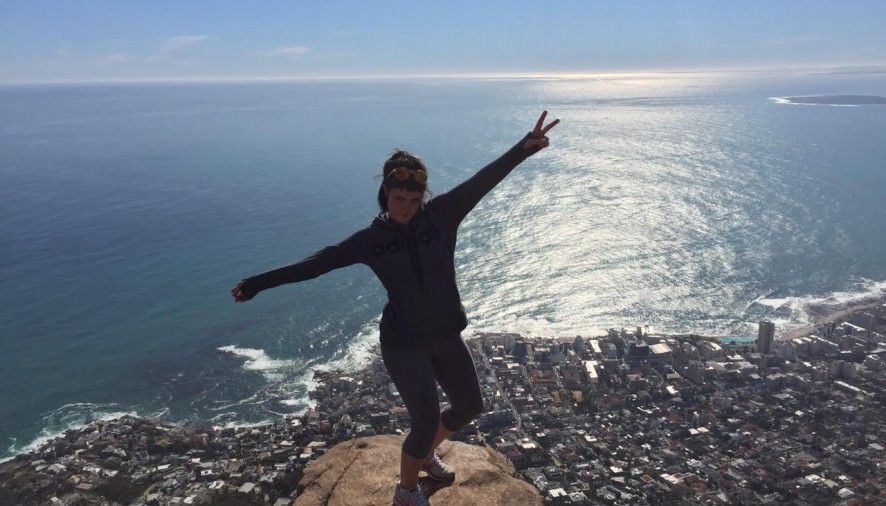Bryony is a third year Philosophy and Politics student on her year abroad in South Africa. She’s been living in Cape Town for almost four months now, and is yet to climb Table Mountain. She has been keeping up her coffee intake though, so at least she hasn’t failed in every aspect.
In case you haven’t noticed, things are happening in South Africa. Students, teachers, academics and workers have been protesting and shutting down campuses across the nation. It’s the biggest student movement in South Africa since the uprisings in 1976. In 1976, students at schools in Soweto began a chain reaction of revolt against the Apartheid government and systems by sacrificing their education, safety and lives to protest policy which changed the language of tuition in schools, a bias they knew would lead to further inequality between the black majority and white minority. Thankfully no protestor has died in the protests this year. But the inequality this movement is protesting is just as important to the opportunities of its people, young and old and the security of an equal South Africa in the future.
Tuition fees are an issue we students in the UK are not unfamiliar with, but the inequality and recent history of South Africa makes this issue run much deeper than the problems we face due to our extortionate prices. The Gini coefficient in South Africa, a measure of a nations’ income differences, is double that of the UK and the second worst in the world. Despite political power being largely held in black hands there remains a white economic elite and inequality in South Africa is still, as a result of Apartheid policy, racially aligned.
The young people who suffer by no longer being able to afford higher education when fees are raised are predominantly black. And the people who remain able, those who can attain a degree and move on to jobs in power and control of the country’s politics, economy and social structures, are white. By raising fees at the universities of South Africa, the government ensures a recreation of the unequal and evidently racial divides. You can understand why people felt the need to literally stop these institutions in their tracks, to shut down campuses and prevent university life from continuing as normal. And it isn’t just about education, these universities also for economic benefits outsource their work, leading to unfair hours, unfair wages and unfair working conditions from those working at the universities. Change had to be made.
So the students built barricades, they stopped buses and stopped traffic, they marched, they chanted and they kept UCT closed for two weeks. They postponed exams. They marched up to the gates of parliament and went through. Tear gas was thrown, stun grenades went off, and water cannons were used on sitting students. And they stopped the increasing of their fees. Some got their universities to commit to a program of insourcing. Different universities achieved different things, but all agreed that although there was progress, it still is not enough.
I acknowledge that I am a clichéd privileged western white kid who knew next to nothing about South African politics before I moved here. I knew about apartheid and Mandela, I knew that what happened here in 1994 happened way too late and I knew that I should know more. I have learnt so much since I started studying at UCT and I’ve barely touched the surface. But the things I know now I will never forget. This place is just beginning, this nation is nowhere near healed, it will take a lot longer than twenty years to amend the practices and systems of its’ past, but this country is on its way. The young people will make sure this train keeps moving, and so will their parents. There is no way to stop this nation’s people from building on their freedom and making sure it is never taken from them again.
When people ask me how Cape Town is going I have found myself saying repeatedly that I’m really happy to be right here, right now. It is an incredible time to be studying in South Africa, in Cape Town, and at UCT. I heard the stun grenades first hand, I’ve walked alongside the protests, I’ve met people who have shouted and marched with such determination they’ve been locked up for the night. I was a mere onlooker to the incredible persistence,passion and bravery of these young people. This wasn’t my fight, but if I ever need an army, I know who I will be looking to for guidance.
Bryony Lovell



